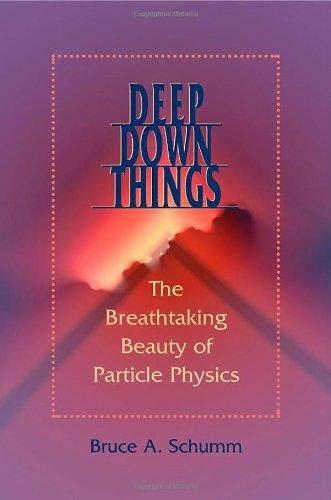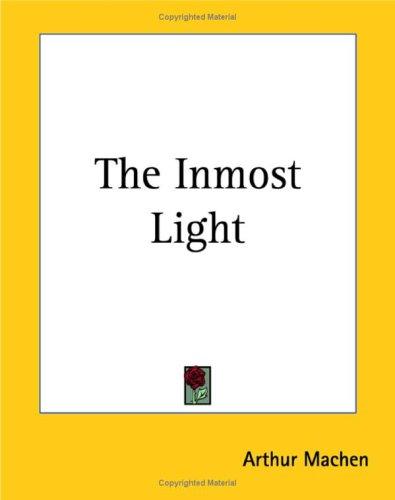ghostbetweenpages commented on Paradise Lost (Norton Critical Editions) by John Milton
AAAAAAAAAAAH
I have gone from "I would die for Eve" to "I would kill for Eve". Specifically, I would kill God for Eve. The problem was misogyny all along!!! Eve gets this!!!!! Among unequals what society can sort, what harmony or true delight, which must be mutual in proportion due given and received?
☙🏵❧
Round the tree All other beasts that saw [the Tree] with like desire Longing and envying stood but could not reach.
Maybe God did put bird netting on the tree... Is it monkey-proofed besides? Lemur-proofed? Maybe a caterpillar was the first (besides God and the angels) to truly know Good and Evil.
☙🏵❧
Why then was this forbid? Why but to awe, Why but to keep ye low and ignorant, His worshippers? He knows that in the day Ye eat thereof your eyes, that seem so clear …
AAAAAAAAAAAH
I have gone from "I would die for Eve" to "I would kill for Eve". Specifically, I would kill God for Eve. The problem was misogyny all along!!! Eve gets this!!!!! Among unequals what society can sort, what harmony or true delight, which must be mutual in proportion due given and received?
☙🏵❧
Round the tree All other beasts that saw [the Tree] with like desire Longing and envying stood but could not reach.
Maybe God did put bird netting on the tree... Is it monkey-proofed besides? Lemur-proofed? Maybe a caterpillar was the first (besides God and the angels) to truly know Good and Evil.
☙🏵❧
Why then was this forbid? Why but to awe, Why but to keep ye low and ignorant, His worshippers? He knows that in the day Ye eat thereof your eyes, that seem so clear Yet are but dim, shall perfectly be then Opened and cleared and ye shall be as gods Knowing both good and evil as they know
I mean, it's as good a hypothesis as any. I know Satan isn't a reliable narrator, but at least he's making a wild guess.
☙🏵❧
How dies the serpent? He hath eat'n and lives And knows, and speaks, and reasons and discerns, Irrational till then. For us alone Was death invented? Or to us denied This intellectual food for beasts reserved?
Again, do we know why other animals left Eden and can die etc etc? Does this mean other animals also know of Good and Evil? #AwareCaterpillarConfirmed
☙🏵❧
Shall I to him make known As yet my change and give him to partake Full happiness with me? Or rather not, But keep the odds of knowledge in my pow'r Without copartner so to add what wants In female sex, the more to draw his love And render me more equal and, perhaps, A thing not undesirable, sometime Superior: for inferior who is free? This may be well. But what if God have seen And death ensue? Then I shall be no more And Adam wedded to another Eve Shall live with her enjoying, I extinct: A death to think! Confirmed then I resolve Adam shall share with me in bliss or woe. So dear I love him that with him all deaths I could endure, without him live no life.
AAAAAAAAAAAAAAAAAAAAAAAAAAAAAAAAAAAAH
And render me more equal and, perhaps, A thing not undesirable, sometime Superior: for inferior who is free?
:( :( :( :( :(
But what if God have seen And death ensue? Then I shall be no more And Adam wedded to another Eve Shall live with her enjoying, I extinct: A death to think! Confirmed then I resolve Adam shall share with me in bliss or woe. So dear I love him that with him all deaths I could endure, without him live no life.
Eve, noooooooo :(
☙🏵❧
Adam the while Waiting desirous her return had wove Of choicest flow'rs a garland to adorn Her tresses and her rural labors crown
This is wholesome! :D
☙🏵❧
How art thou lost, how on a sudden lost, Defaced, deflow'red, and now to death devote? Rather how hast thou yielded to transgress The strict forbiddance, how to violate The sacred fruit forbidd'n? Some cursed fraud Of enemy hath beguiled thee, yet unknown, And me with thee hath ruined, for with thee Certain my resolution is to die! [...] No! No! I feel The link of nature draw me, flesh of flesh, Bone of my bone thou art and from thy state Mine never shall be parted, bliss or woe.
:( :( :( :(
I think these two need a Fruit of Healthy Relationships...













